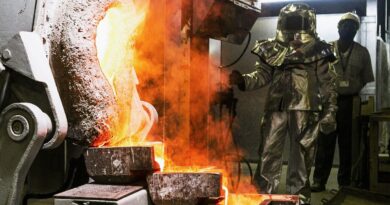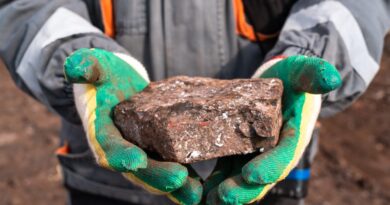Platinum-based hydrogen fuel cells to decarbonise train locos
JR East, formerly East Japan Railway, will begin safety testing the country’s first hydrogen-powered train at the end of the month. The Hybari train has been developed with Hitachi and Toyota Motor Corporation, with the latter providing the train’s proton exchange membrane (PEM) fuel cell system, using its expertise garnered through producing the Mirai fuel cell electric vehicle (FCEV) passenger vehicle and the SORA FCEV bus.
The project began two years ago when the three partners entered into an agreement to collaborate on the development of railway vehicles equipped with hybrid systems that use hydrogen-powered fuel cells and storage batteries as their source of electricity.
The intention is to develop next generation rolling stock that operates using clean energy. Equipped with a platinum catalyst, hydrogen PEM fuel cells enable zero-emissions transport solutions, while providing the high-power output necessary for driving railway vehicles.
The Hybari’s high pressure hydrogen tank feeds the fuel cell system, where the hydrogen undergoes a chemical reaction with oxygen from the air to generate electricity. The main circuit storage battery is charged by the fuel cell and also by energy captured from regenerative braking. The hybrid drive system supplies electricity to the traction motors from both the fuel cell device and the main circuit storage battery, maximising the power available to the train’s wheel motors.
The Hybari train undergoing testing has a top speed of 100 km per hour and can travel up to 140 km on a single filling of hydrogen. Plans are to start commercial service in 2030, with JR East intending to replace its 440 diesel trains with hybrid hydrogen rolling stock in due course.
Elsewhere, Ballard, a leading supplier of PEM fuel cells, is working closely with Canadian Pacific, a major participant in the North American rail sector, which has recently expanded its Hydrogen Locomotive Programme from one to three hydrogen locomotives. Ballard is providing a total of 14 PEM fuel cell modules, each with a rated power output of 200 kW, to support Canadian Pacific’s programme.



